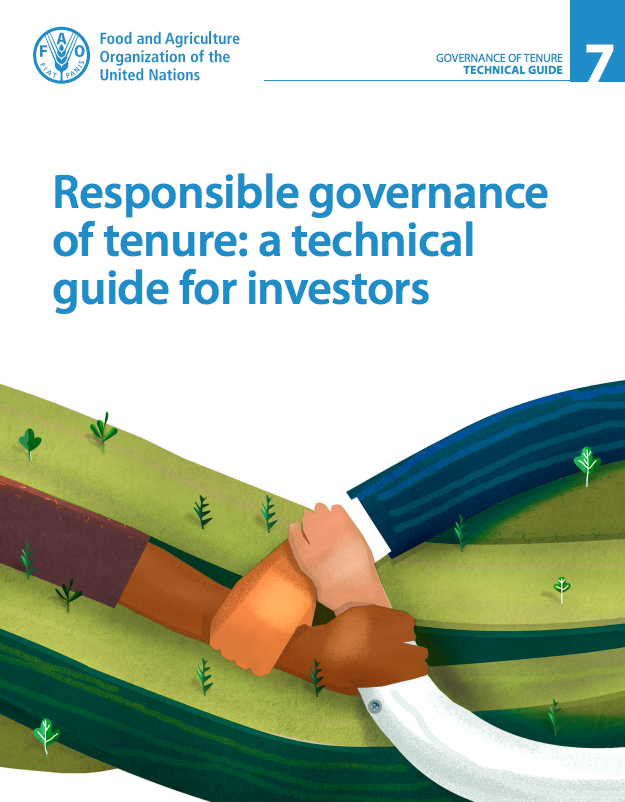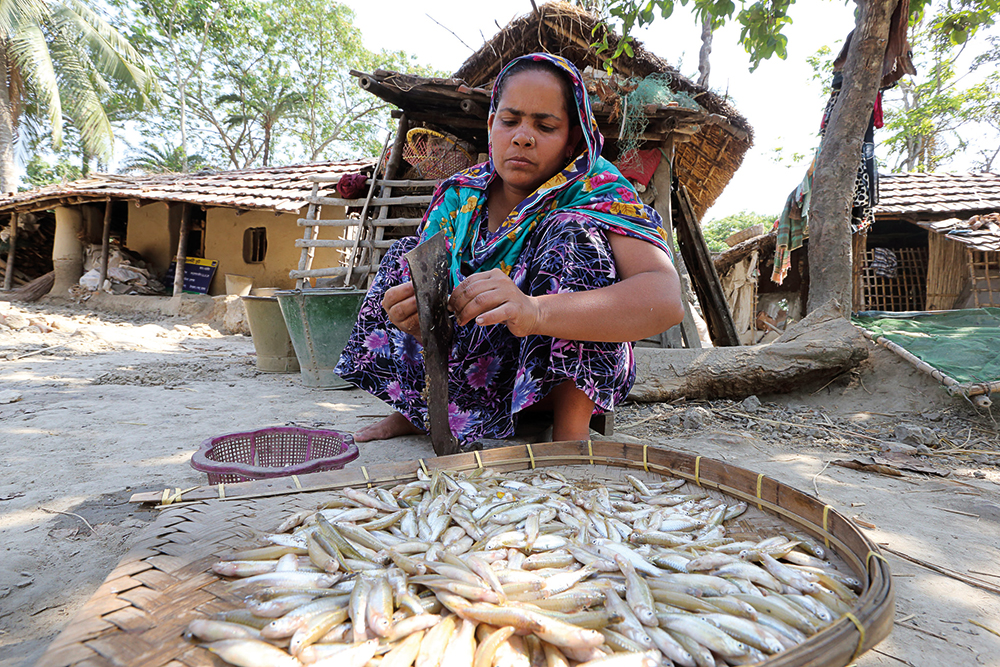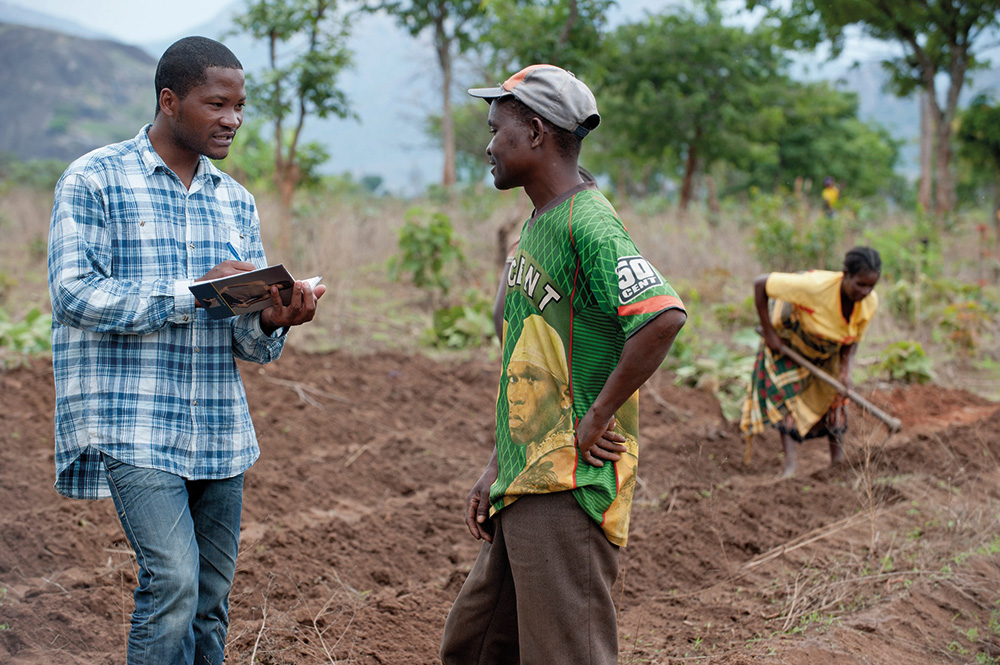A 2020 Vision for food, agriculture, and the environment in Sub-Saharan Africa
The workshop participants were clear that now is the time for choices, and that without the will to make those choices, the likelihood of success in boosting agricultural growth on a sustained basis would be small. Without such growth, it will not be possible to improve food security or halt natural resource degradation. It seems unlikely that all countries of Africa will choose to put in place the necessary conditions for growth, which makes it all the more important to decide at the outset which conditions are most likely to beget further success.
Deforestation-driven food-web collapse linked to emerging tropical infectious disease, Mycobacterium ulcerans
Generalist microorganisms are the agents of many emerging infectious diseases (EIDs), but their natural life cycles are difficult to predict due to the multiplicity of potential hosts and environmental reservoirs. Among 250 known human EIDs, many have been traced to tropical rain forests and specifically freshwater aquatic systems, which act as an interface between microbe-rich sediments or substrates and terrestrial habitats.
Las personas en el centro
En el mundo hay 1.700 millones de agricultores y agricultoras en situación de enorme vulnerabilidad frente a los impactos del cambio climático. Muchos ya padecen hambre, lo que los hace aún más vulnerables. Pero existen experiencias exitosas de cómo fortalecer la capacidad de recuperación a nivel local. Reproducir y ampliar los éxitos es la fuente de esperanza para estos agricultores, y además puede contribuir a afrontar el problema del cambio climático.
The “Green charcoal chain”
German Development Cooperation has developed an approach for the sustainable production of charcoal that has proved to have a considerable impact in Northern Madagascar. Since both environmental and socioeconomic aspects are addressed in a very effective way, this approach has high potential referring to global challenges such as land degradation, rural poverty and climate change.
Rebuilding soil natural capital
Throughout the world, demands on finite soil resources are ever increasing, and can lead to irreversible soil degradation, as the soil is used beyond its “bio-capacity”. A quarter of the inhabitated land area has already been affected by human-induced soil degradation. Against this background, soil remediaton is becoming more and more important. Focusing on the rehabilitation of oil-contaminated soil in Kuwait, the following article shows how it works, and where the problems lie
Tropical forage-based systems for climate-smart livestock production in Latin America
Tropical forage grasses and legumes as key components of sustainable crop-livestock systems in Latin America and the Caribbean have major implications for improving food security, alleviating poverty, restoring degraded lands and mitigating climate change. Climate-smart tropical forage crops can improve the livestock productivity of smallholder farming systems and break the cycle of poverty and resource degradation.
Bio-reclamation – Converting degraded lateritic soils into productive land
Not only has soil degradation in Niger been halted thanks to an integrated approach combining water harvesting technologies, the application of organic residues and planting of fruit trees and vegetables. The strategy has also enabled increases in farmers’ income as well as an active involvement of the country’s largely marginalised women in food production through their gaining access to land.
Rangelands –sound management strategies for a vulnerable resource
Rangelands cover 30 per cent of the global land surface. They support a considerable share of the global ruminant value chains, are habitat for a high plant and animal diversity and have various ecological, economic and social functions. But rangelands are currently under pressure from global change processes. A focus on humananimal- environment interactions is necessary to avoid resource overexploitation and degradation.
Soil conservation in the European Union
Since 2006, a European Union-wide strategy on soil conservation has been in existence that is to address the complex roles that soil plays as a natural resource. However, a legally binding agreement has so far met with opposition by a blocking minority of EU Member States. Does the EU nevertheless offer prospects for soil conservation?
UNCCD – the accord for global land stewardship
With more than 900 million people world-wide affected by chronic hunger, international action on soil conservation is urgently required. The United Nations Convention to Combat Desertification (UNCCD) enjoys substantial support, and the author of this article demonstrates that it could play a key role as a global policy and monitoring framework in addressing land and soil degradation.








